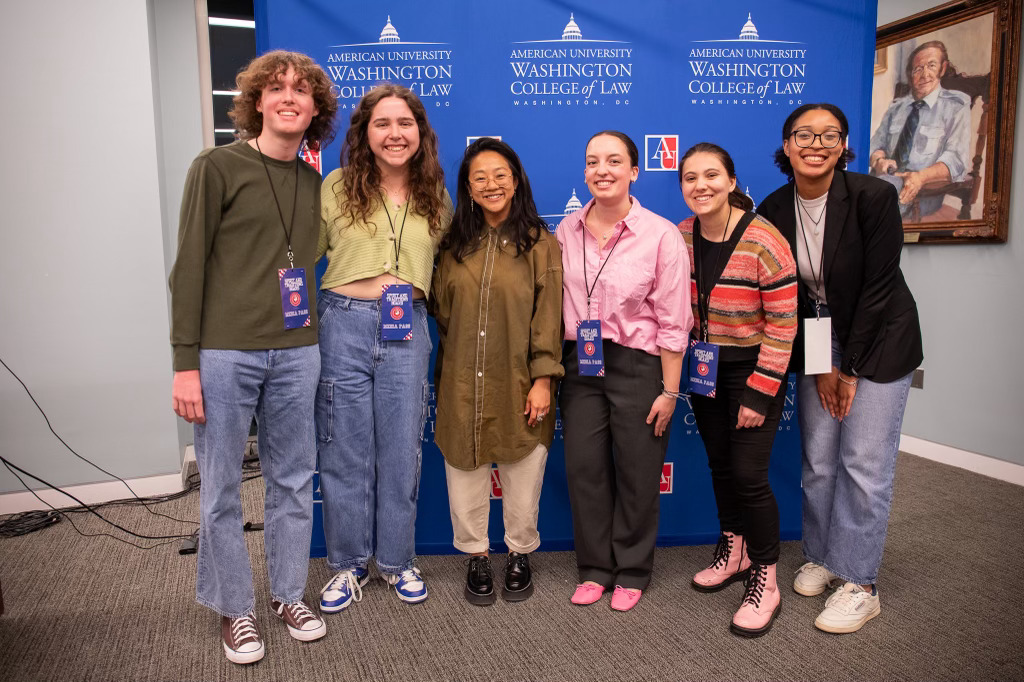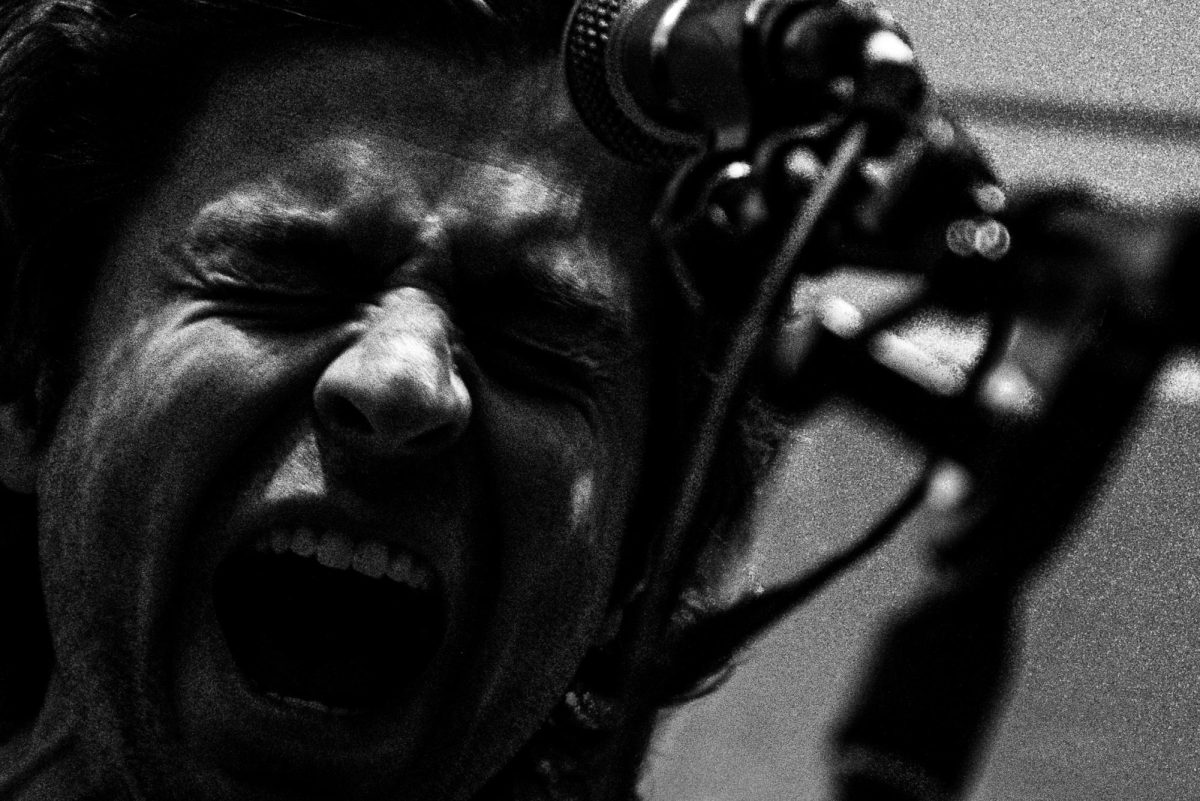Female Artists Make Me Happy but Misogyny Makes Me Mad
March 4, 2016

Courtesy of Slate
Mood: When you’re happy that female musicians are thriving but angry about the misogyny in the music industry. However, this is not going to become an endless rant about the inequities that female-identifying musicians face. Instead, let’s celebrate the women who use their popularity to speak about these issues and the music they have graced us with. I, for one, am so pleased that women like Grimes, Bj̦rk, and Lauren Mayberry of Chvrches exist.
Grimes, also known as Claire Boucher, has been known to speak her mind when it comes to the sexism that she experiences as a female experimental pop producer. In her interviews and rants on Tumblr, she directs her anger at the male producers who undermine her talents and abilities. Her music requires a lot of technical work but does not require the help of a male on the basis that she is a female working with graphs and EQs. Boucher released Art Angels in 2015 which contains a number of diss tracks about male producers, but she made a point to shy away from sad songs and make it both happy and angry. Off the album, “World Princess part II” is an upbeat song perfect for dissing a misogynistic male producer ÛÒ it’s even more fantastic than B.o.B.’s diss track “Flatline” to Neil deGrasse Tyson about the earth being flat.
Bj̦rk has spoken about not receiving credit for the beats that she creates when her male counterparts have never been questioned about the music they make. In an interview with Pitchfork, she says, “Everything that a guy says once, you have to say it five times.” Despite being undermined by some misogynists in the industry, Bj̦rk still manages to blow listeners away with songs filled with intense emotion and artistry. Needless to say, she deserves a lot more credit for her work. This doesn’t fall into the “happy but angry” mood, but I think it’s necessary that you check out this video if you need more of a reason to love Bj̦rk:
Lauren Mayberry, the lead singer of Chvrches, is wonderfully outspoken and has no problem using her mic on stage or her social media presence to speak up about sexism ÛÒ that’s what we need from popular female names. The band receives countless sexually aggressive comments and messages on Facebook and Mayberry does not hesitate to address that she has no tolerance for sexism. Chvrches does not discuss these issues in their music, but the lead singer has called out a guy during one of their shows after he shouted, “Marry me!Û, which Mayberry was obviously not into. Change does not happen overnight, but Chvrches gaining media attention after calling out the music industry and some of its audience can get people talking and noticing female artists more.
Aside from some of the big female names, small but important steps are being taken to make improvements to the music industry. A number of music and arts programs are popping up that are geared towards lower-income young girls, especially in New York City where DJ workshops are being noticed by the media ÛÒ Lower Eastside Girls Club is one of them. The electronic scene is heavily male and I think a lot of it comes from the lack of resources and opportunities for women to get started and to stay in, so this program and alike are really refreshing to hear about. I can see a large influx of women move into the electronic scene because of programs like this, and they’ll be able to perform for large audiences because of groups like Discwoman who create their own festivals for female-identifying DJs. Since their start in September of 2014, they have collaborated with over 160 people in 10 cities.
There are many faults to how the industry is run, but feminist movements and musicians who use their voices to expose the issues are a part of progress. And so we have reasons to be happy and angry, both of which give us the passion to celebrate women and fight against those who don’t.













